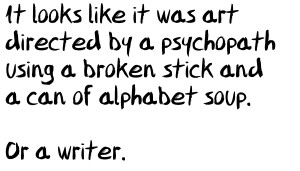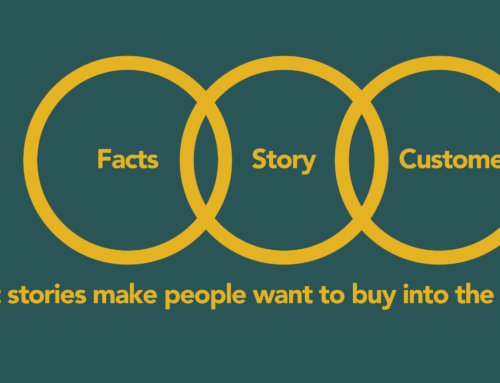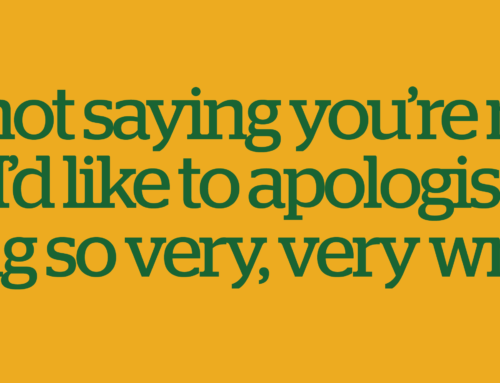A beautiful child has many parents.
An ugly child is an orphan.
There’s some great advertising wisdom for you.
There are a lot of people who will claim ownership of a Cannes winner. And some of them might even have been in the room when the concept was born or wandering through the agency when the piece was being created.
Very few people lay claim to the turds.
Considering the primary role of advertising is to raise awareness.
And assuming, to raise awareness, it must first be noticed.
Most advertising (this covers all commercial communications from TV to brand experiences and websites) fails to do its job.
Dave Trott – who everyone in this business should read and re-read – cites a great statistic.
Last year, £18.3 billion was spent in the UK on all forms of advertising.
4% is remembered positively.
7% is remembered negatively.
89% isn’t noticed or remembered. At all. Almost £17 billion wasted.
As the delightful Mr Trott puts it, 89% of all advertising might as well not have run.
The interesting thing, from my point of view, is the numbers haven’t really changed in years.
Every year, almost 90% of all commercial communications are un-remembered.
They fail to do their job.
Everyone you talk to in advertising and marketing can tell you their relationship to some ad or website or brand experience that rests in the 4%. But no one wants to claim the ugly babies. There must be an army of turd-elves secretly labouring in turd-factories creating the shiny dross seen (but not remembered) by normal people in consumer world.
We need to rest on thorns, not laurels.
If we started taking responsibility for our less than perfect creations, we’d start figuring our ways to make them better.
More liked. More remembered. More viral. More effective.
We’d look at the brief. We’d look at the assumptions of the people in the room. We’d look at the expectations. We’d look at the scope. And the creep. We’d look at who wants to have an opinion and who wants to take responsibility. And let the people who are prepared to take the responsibility make the decisions.
We could start the meeting with, “Look, this is not the work I’m proudest of, but… “ – and see where that gets us.




Leave A Comment